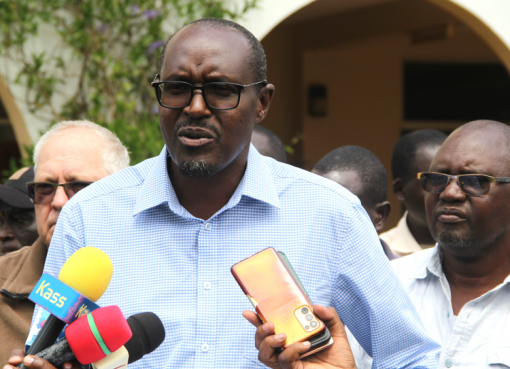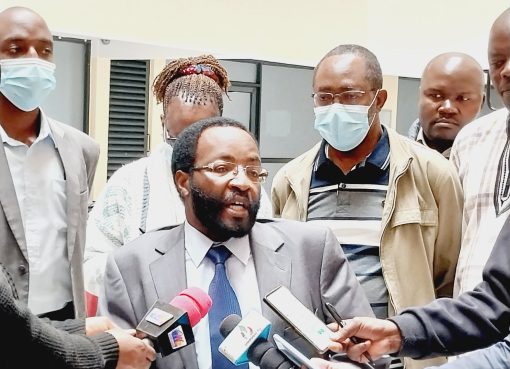The government is planning to reform the National Health Insurance Fund (NHIF) to accommodate more vulnerable groups, even as it seeks to implement Universal Health Coverage (UHC).
The Deputy President, Rigathi Gachagua has revealed that part of the plan will be to widen the NHIF scope of coverage to ensure that every Kenyan, including people with disabilities are able to access health services at an affordable cost.
Others to be factored in also include orphaned and vulnerable children, widows and widowers as well as the elderly.
“Reforms at the NHIF systems are ongoing to ensure we cover everyone including vulnerable groups like the old, people with disabilities among others. We must stop these harambees to raise money to pay hospital bills. In due course, UHC will cover everyone so that when you go to hospital, you get treated, your card is swiped and you go home,” said Gachagua.
The DP’s remarks were echoed by Health Cabinet Secretary, Susan Nakhumicha who said that her ministry was embarking on an ambitious plan to enlist 5 million new vulnerable members of the society to the scheme. Currently about 10.6 million Kenyans are covered by the national medical insurer.
However, statistics from NHIF indicate that only 46 per cent of these registered members are active contributors. About 54 per cent of these members are said to have halted their contribution to the scheme owing to job losses, occasioned by Covid-19 pandemic.
“So far, we have registered 1 million indigents, that is people who are not able to access medical services and my goal is to ensure that 5 million get registered. My promise to Kenyans is that they will be able to walk into a public health facility and get health services,” said Nakhumicha.
The duo were speaking during the 11th graduation ceremony at the Outspan Medical college in Nyeri, where 356 graduands were awarded certificates and diplomas in various areas of medical specializations including nursing and clinical medicine.
Additionally, the DP outlined plans by the government to foster private-private partnerships in the training of medical personnel and the development of health care facilities in a bid to complement the government’s delivery of the UHC.
He said that the top on the government’s agenda was to increase the number of healthcare workers to match recommendations by the World Health Organization (WHO).
“The country we need more medical practitioners. As of 2020, we had 189,000 health workers, 66 per cent of them being in the public sector. At least 58 per cent were nurses, 13 per cent clinical health officers and 7 per cent were medical doctors. We have 8 nurses serving 10,000 people, while WHO recommends 25 nurses for every 10,000 people,” stated Gachagua.
“We are also working with the private sector to improve training to the highest attainable standards. The graduates here today and those who will be graduating from other institutions this year will be central as we roll out UHC in the country,” added the DP.
By Wangari Mwangi and Rose-Angeline Ndirangu





